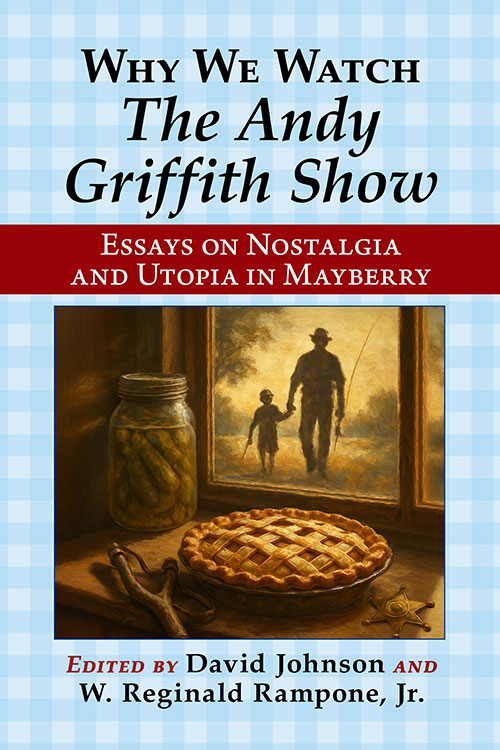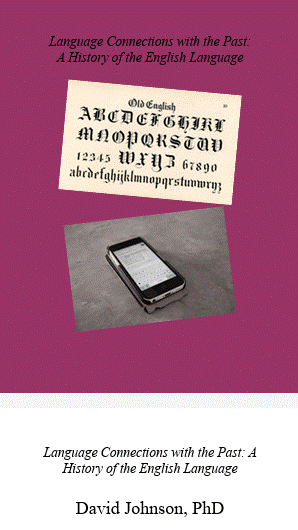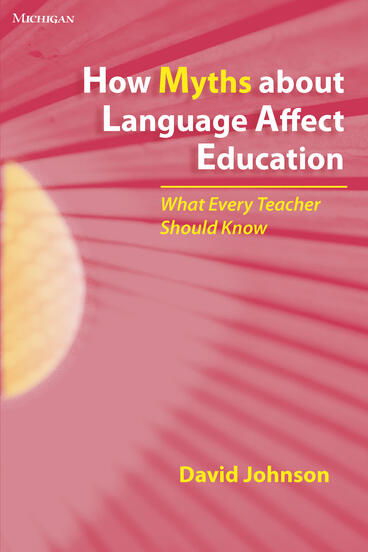Research
I was an undergraduate theology major at the University of Dallas and theology is an area that still interests me. I enjoy reading Thomas Aquinas and Augustine, although I haven't done much of that lately. However, during my freshman year I took beginning Spanish. By the time I was a senior, I was relatively proficient in Spanish, but even more important for my professional career was not my proficiency in Spanish but my fascination with language learning. To make a long story short, I became intrigued by language: How did it work? How does a baby acquire language so easily and adults struggle to communicate effectively in a second language? How are languages similar? How are languages different?
As I took more language courses (French, German, Latin, Malayalam, Portuguese -- none of which I ever mastered completely -- not even close!), I became more convinced that I should devote my professional life to language. I completed a Master's degree in Spanish at Texas A&M in 1994. I decided to pursue linguistics for my PhD at Purdue University. I have several interests in the field of linguistics (syntax, sociolinguistics, historical), but it was language acquisition and second language pedagogy that became my primary field of inquiry for my PhD (completed in 1999). These days I divide my research between the following areas:
- online teaching
- sociolinguistics
- teaching of linguistics
- second language acquisition
Scholarship:
Books:

Johnson, D. & Rampone, W. (Eds.) (2026). Why We Watch The Andy Griffith Show: Essays on Nostalgia and Utopia in Mayberry. McFarland Press. In Press.

Johnson, D. (2023). Language Connections with the Past: A History of the English Language. OpenALG. (This is an OER text. I compiled/edited parts from OER sources. I wrote several chapters.)

Johnson, D. (2008). How myths about language affect education: What every teacher should know. Ann Arbor: University of Michigan Press
Recent Refereed Journal Articles:
-
Johnson, D. (2023). Some Funny-Ass Comedians: Non-native English Speaking and Indian-English Speaking Comedians Flex their Linguistic Acumen in the Classroom. Southern Journal of Linguistics, 47 (1), 17-25.
- Johnson, D. and Priestley, J. (2022). A ‘Sanctified’ Language: A Sociolinguistic Study
of the Perception of Latin and its Role in the Mass for American Catholics. Interdisciplinary Journal of Research on Religion, 18 (8), 1-29.
- Johnson, D. (2020). Irish Accents are Cool, Valley Girl Accents are So Annoying:
Voice actors and accent considerations for recorded lectures in online linguistics
courses. Southern Journal of Linguistics, 44 (2), 53-72.
- Cox, J. and Johnson, D. (2020) The Linguistic Deception of the Phrase Best Practices:
A Critical Analysis of Articles Discussing “Best” Practices in Online Learning. Online Journal of Distance Learning Administration, 23(1).
- Johnson, D. (2019). Easy Preparation for Online Courses: Why Professors as Educators
Should be Anxious About Becoming Non-Essential. Change: The Magazine of Higher Learning.
- Johnson, D. (2018). A Linguistic Analysis of the Word Pain in the Age of American Secularism. Interdisciplinary Journal of Research on Religion. 14 (9).
- Johnson, D. (2016). The Andy Griffith Show and Non-Standard English: Social Influences
on Dialect Features in an Appalachian-Based Television Show. Southern Journal of Linguistics. 40 (1), 68-91.
- Johnson, D. and Palmer, C. (2015) Comparing Student Assessments and Perceptions of Online and Face-to-Face Versions of an Introductory Linguistics Course. Online Learning, 19 (2), 33-50.
- Johnson, D. and VanBrackle, L. (2012) Linguistic Discrimination in Writing Assessment: HowRaters React to African American “Errors,” ESL Errors, and Standard English Errors on a State-Mandated Writing Exam. Assessing Writing, 17, 35-54.









